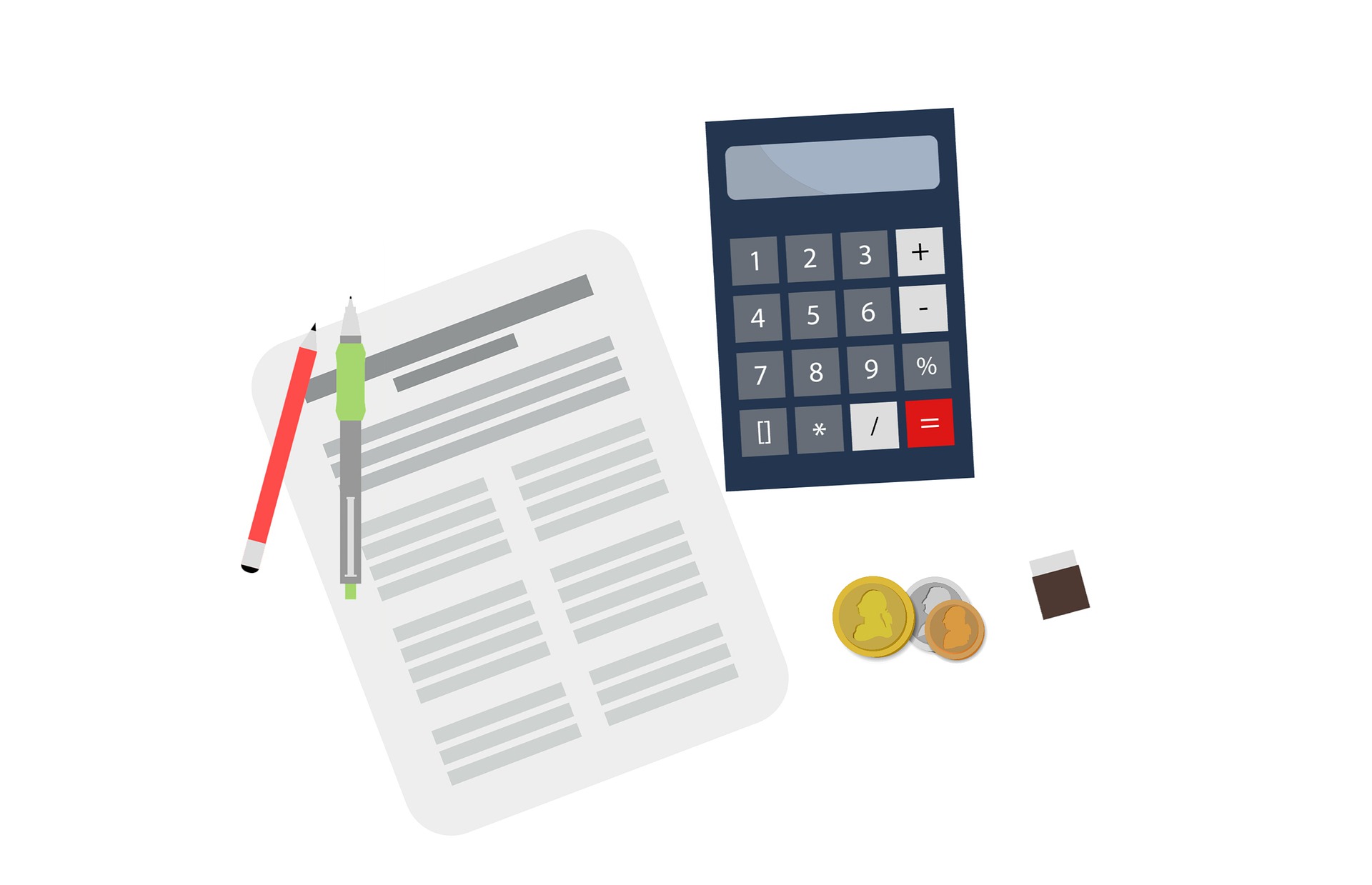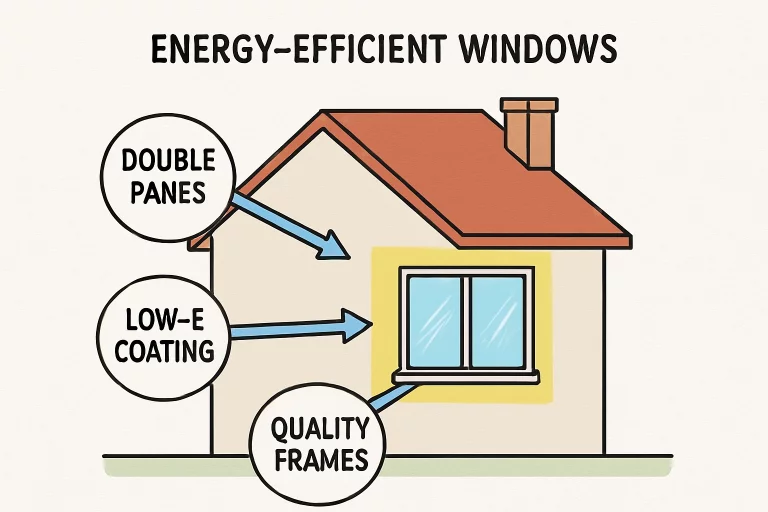There’s a moment when the hustle finally starts to settle. Maybe your business turned its first real profit, or your freelance calendar filled out faster than expected. And for the first time, you’re not just thinking about this month—you’re thinking about the long game. About security. About equity. About putting your money into something that lasts.
Buying a home as an entrepreneur is a powerful move. But it’s also a different kind of journey. You’re not walking in with pay stubs and W-2s like everyone else. You’re showing up with receipts, tax filings, and the weight of your own name on the line. And while lenders might squint a little harder at your file, it doesn’t mean you can’t buy—it just means you need to be smarter going in.
Know What You’ll Really Spend—Not Just the Price on the Listing
Here’s the first trap a lot of self-employed buyers fall into: assuming the listing price is the number that matters most. It’s not.
What often hits harder—especially if you’ve been bootstrapping your business—is the stack of smaller fees that show up during the home stretch. The final costs during closing can quietly add up to thousands, depending on your location and lender terms. This guide lays it all out clearly so you know what to expect before you’re sitting across from a notary with a pen in hand.
Expect to pay for:
- Loan origination and underwriting fees
- Title searches and insurance
- Government taxes and recording fees
- Appraisals and home inspections
- Prepaid interest or insurance premiums
These costs often catch entrepreneurs off guard—especially when funds are tied up in the business or cash flow is inconsistent. Planning for them early can save you the headache of scrambling last-minute or compromising on your down payment.
Proving Income When You’re Your Own Boss
The challenge isn’t just earning enough—it’s showing it in a way that lenders trust.
Unlike salaried buyers, entrepreneurs have to dig deeper into their financial history. Two years of tax returns are usually the baseline, and those returns need to reflect real, stable income—not just high revenue. Lenders look at your net income after deductions, which can sting if you’ve written off everything from your home office paint to last year’s laptop.
Here’s what helps:
- Year-to-date profit and loss statements (with receipts to back them up)
- Business bank account statements that match your reported income
- A healthy credit score—think mid-700s or higher
- A strong debt-to-income ratio
You may also be asked for client contracts, invoices, or even letters from your CPA. It’s not about checking boxes—it’s about showing that your income isn’t just real, but reliable.
Think Bigger Than Just Shelter—This Is a Wealth Move
For entrepreneurs, owning property isn’t just about having a home base—it’s about asset building.
A house isn’t just where you sleep or plug in your gear—it’s a hedge against inflation, a long-term investment, and potentially even a second stream of income. Rent out a room, convert a garage into a studio, or hold onto the property as equity builds. There’s leverage in land, especially if your business doesn’t come with a retirement plan.
And let’s be honest—owning a home also gives you peace of mind that’s hard to quantify. It’s one less monthly variable. One more step toward personal financial security, even if your revenue fluctuates from quarter to quarter.
Understand the Trade-Offs—and Work With Them
Buying as a self-employed person often means getting creative.
You might need to put more money down to make a lender feel secure. Or pay a slightly higher interest rate in exchange for flexible approval. You may need to pause your business growth for a month or two just to get your finances in shape. That’s frustrating—but it’s not the end of the world.
Sometimes the smartest move is to wait six more months, clean up your paperwork, and come back stronger. Other times, it’s working with a lender who specializes in nontraditional borrowers and knows how to read between the lines.
The point is: your path doesn’t have to match anyone else’s. But it does need a strategy.
Final Thoughts
Buying a home as an entrepreneur isn’t impossible—but it does ask more of you. You’ll need to be organized, informed, and willing to explain your numbers in a way that makes sense to someone outside your industry. Budget early for the hidden costs, treat documentation like your business pitch, and keep your eyes on the bigger picture. With the right prep, homeownership becomes more than a personal milestone—it becomes a smart business move.









